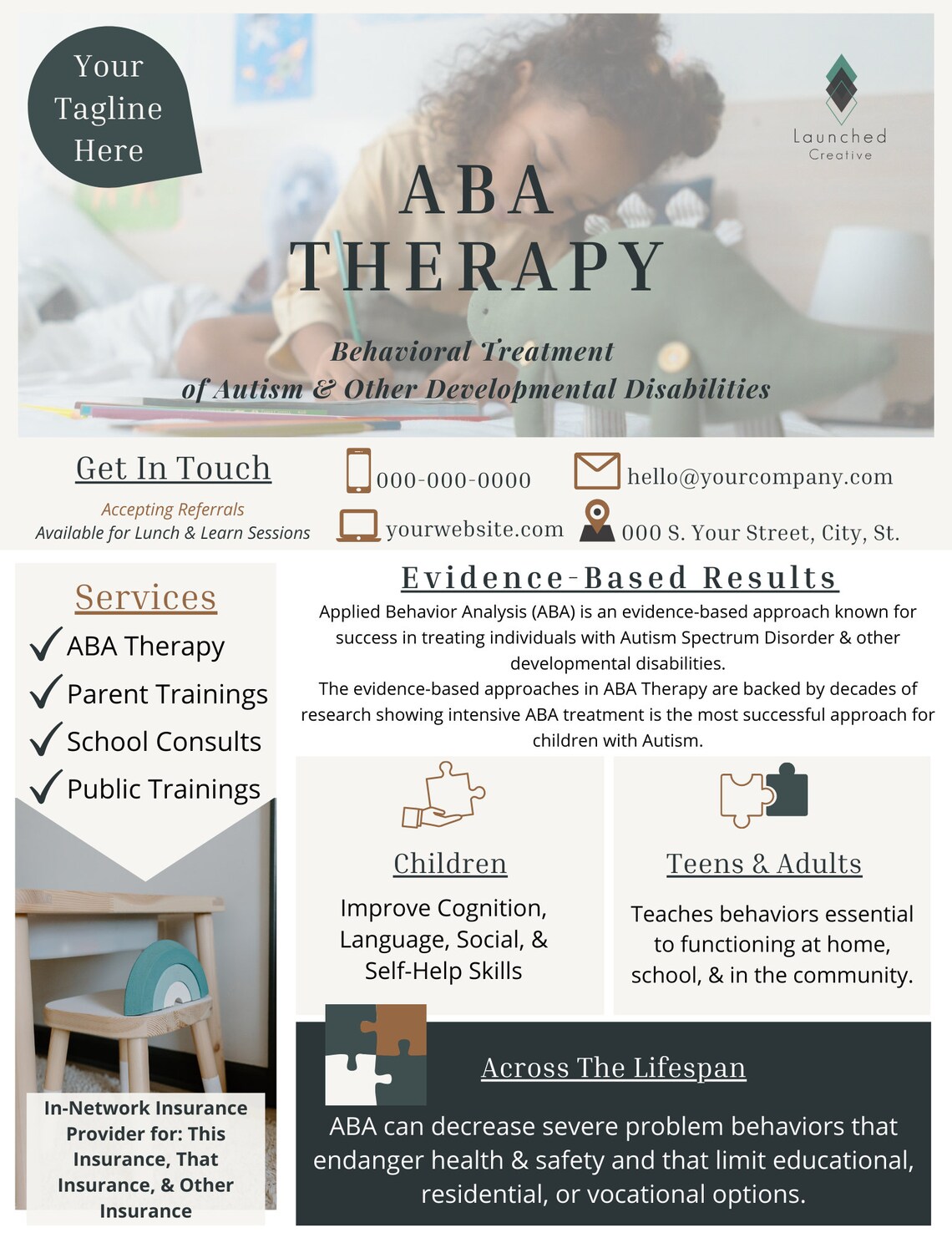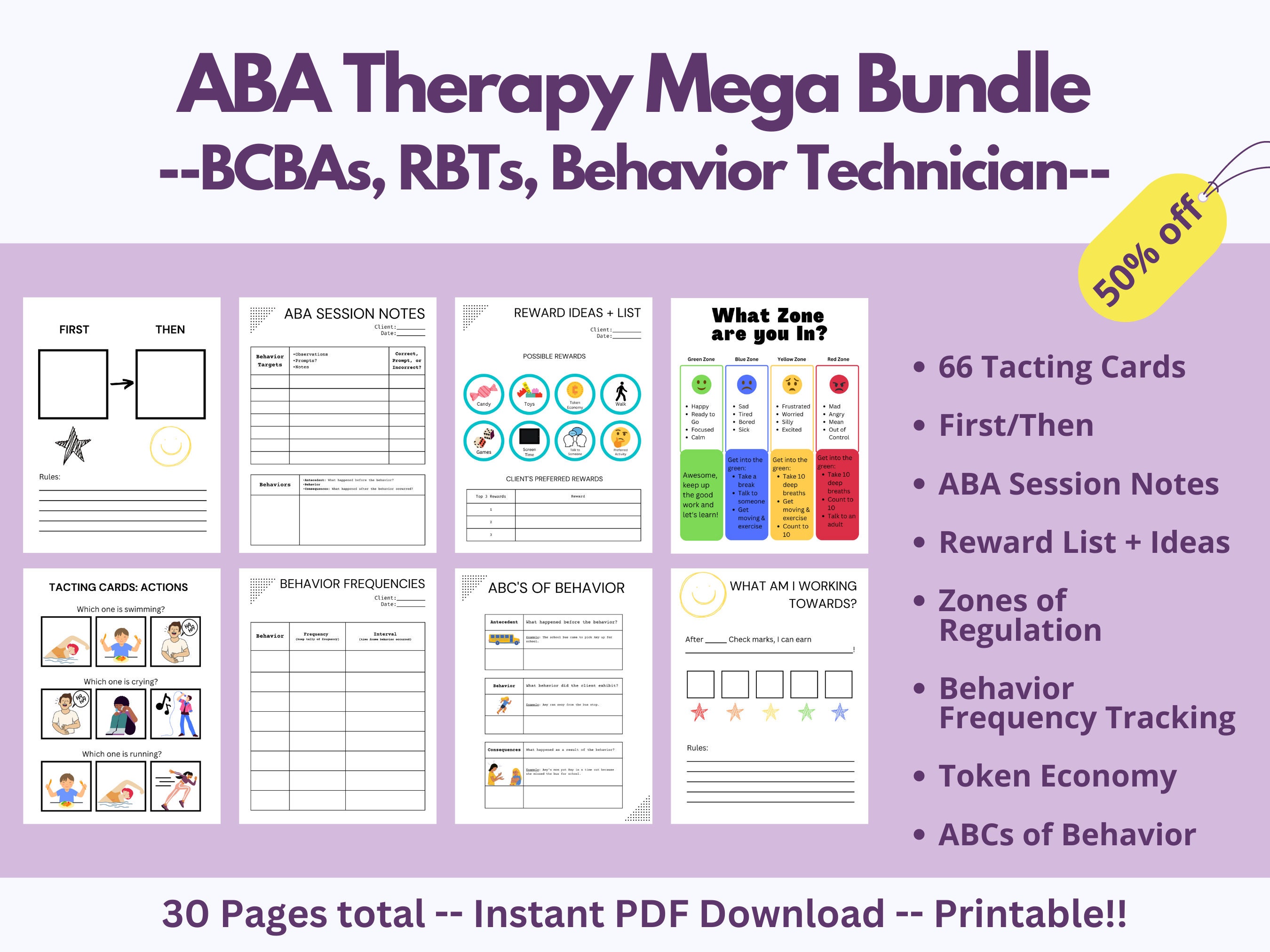Aba Therapy Business For Sale – The rise of online platforms has transformed the way second-hand goods are bought and sold. Similarly, vinyl records have experienced a resurgence in recent years, with collectors seeking out rare albums and vintage pressings. This practice is an essential aspect of sustainability, as it helps conserve resources and reduces the amount of waste sent to landfills. The satisfaction of purchasing quality is often deeply intertwined with the knowledge that your money is going toward something that truly deserves it. There is also a growing trend of upcycling and repurposing second-hand goods, where items that may no longer serve their original purpose are transformed into something new and useful. The ease and convenience of online sales have created a global marketplace where individuals can connect with buyers and sellers across the world. Despite the many advantages of buying and selling second-hand goods, there are some challenges that both buyers and sellers must navigate. The materials, labor, and expertise that go into crafting these items naturally make them more expensive. And, in a way, this is the ultimate form of freedom: the ability to buy, sell, and trade on your own terms. By choosing second-hand goods, consumers can help reduce waste, conserve resources, and lessen the demand for new production. The idea of “buying quality” is not just a luxury; it’s a mindset that encourages consumers to think beyond the momentary gratification of cheap purchases and focus instead on long-term value and satisfaction. While many artists and creators are forced to sell their work in order to make a living, there is still a sense of purity in the act of creation. Whether it's old furniture that no longer fits with their style, clothing that no longer fits, or electronics they no longer use, selling second-hand items allows individuals to recoup some of the money they spent on these goods. Thrifted clothing, vintage furniture, and pre-owned electronics are often seen as more authentic and unique than brand-new, mass-produced items. The same logic applies to tools, kitchen appliances, furniture, and even technology. For many, purchasing second-hand goods is not just about saving money, but about embracing sustainability, supporting a circular economy, and contributing to a more environmentally conscious world. In this digital age, it often feels like there’s no such thing as privacy anymore, and that’s because we’ve essentially agreed to sell pieces of ourselves in exchange for recognition, affirmation, or even money. Yet, at the same time, there’s the promise of new beginnings for both the seller and the buyer. These goods, ranging from clothing to furniture, electronics to books, offer people the chance to find items they need or want at a fraction of the cost of new products. It’s a world where even personal growth, self-actualization, and emotional healing are framed as commodities, available for purchase at any time, but only if you’re willing to pay the price.
.jpg)
15 Best ABA Therapy Companies To Work For
My saved businesses · dashboard · sign out

ABA Therapy Keystone Applied Behavior Analysis
My saved businesses · dashboard · sign out

ABA Therapy Cost With or Without Insurance
My saved businesses · dashboard · sign out

ABA Therapy Marketing Agency Autism Marketing Company Cardinal
My saved businesses · dashboard · sign out

ABA (Applied Behavior Analysis) Therapy Autism Point
My saved businesses · dashboard · sign out

Applied Behavior Analysis (ABA) Therapy Coachella Valley Lighthouse
My saved businesses · dashboard · sign out

ABA Therapy Services Flyer Template Canva Etsy
My saved businesses · dashboard · sign out

Discovering the Value of PlayBased ABA Therapy MeBe
My saved businesses · dashboard · sign out

ABA Therapy Bundle RBT BCBA Behavior Technician Session Etsy Canada
My saved businesses · dashboard · sign out

ABA Therapy Autism Therapy Services for Children EAS
My saved businesses · dashboard · sign out
There’s something deeply satisfying about using an item that was crafted with skill and attention. On the other, there’s the challenge of assessing the true value of a business, navigating the complex negotiations, and ensuring that the business is a sound investment in terms of both its financial health and its long-term viability. In this sense, online second-hand markets have not only made pre-owned goods more accessible but have also made them more desirable, offering an alternative to the mass-produced, one-size-fits-all nature of new products. While the online second-hand market has flourished, traditional thrift stores and second-hand shops continue to play an important role in the buying and selling of pre-owned goods. Whether it’s a high-end designer handbag, a gently used sofa, or a vintage record player, the price difference between a new and a second-hand item can be significant. Many quality goods are made by artisans or small businesses who take the time to create products that reflect their expertise and passion. The result is a society that increasingly prioritizes consumption over connection, profit over meaning, and exchange over understanding. The digital age has also transformed the way things are bought and sold. Whether through thrift stores, flea markets, online platforms, or garage sales, second-hand goods provide consumers with an opportunity to find items they might not otherwise be able to afford, while also contributing to a circular economy where products are reused and repurposed. The same logic applies to tools, kitchen appliances, furniture, and even technology. For buyers, the process typically starts with identifying a business that aligns with their interests, skills, and goals. This desire for items with character and a story behind them has contributed to the growing appeal of second-hand goods. Art, music, literature — these expressions of human creativity and emotion are not always bound by the rules of commerce. It’s a constant negotiation, where both parties seek to align their perceptions of worth and reach an agreement that satisfies both sides. Just as with material possessions, when a person is “for sale,” they put their value on display for others to assess. When a person decides to sell something, they might weigh the pros and cons, debating whether it’s the right time or whether it’s really necessary to part with what they’ve had for so long. Our emotional lives, our personal narratives, and even our deepest fears have been monetized. When it’s put up for sale, it can bring with it a sense of loss, as if a piece of the seller’s life is being taken away. The closing process also involves transferring the business’s assets, such as inventory, property, intellectual property, and customer contracts, to the new owner. For example, someone might be able to purchase a used smartphone or laptop with the same features and specifications as a brand-new model, but at a significantly reduced price.
This shift from a linear economy, where products are made, used, and disposed of, to a circular one, where products are continually reused and repurposed, is a step towards a more sustainable and environmentally friendly world. The idea of being “for sale” also touches on larger cultural and societal themes. Everything for sale. In times of financial hardship, such as during recessions or periods of high unemployment, more people may turn to second-hand goods as a way to save money. When a business is put up for sale, it is typically the result of a variety of reasons, each unique to the situation at hand. It’s a moment of transition, and as with all transitions, it brings with it both excitement and uncertainty. After the sale is complete, the buyer assumes responsibility for the business and takes control of its day-to-day operations. For book lovers, buying second-hand books is an affordable way to build a library, and it can also be an opportunity to find rare or out-of-print titles that are no longer available in stores. While some people may be hesitant to purchase pre-owned electronics due to concerns about quality or reliability, the second-hand market for electronics has become increasingly trustworthy. It’s a small but significant way to make a positive impact on the planet, especially when one considers the volume of waste generated by fast fashion, electronic waste, and disposable goods. The resale of pre-owned clothing has become a booming industry in recent years, with second-hand stores and online marketplaces thriving as more consumers opt for affordable, sustainable alternatives to fast fashion. In this broader sense, the concept of “for sale” is not just about the exchange of goods; it’s a driving force in the global economy, influencing how people live, work, and interact with the world around them. These platforms allow buyers to browse listings, access detailed business profiles, and initiate contact with sellers, all from the comfort of their own home. The struggle is not in resisting the marketplace entirely, but in finding balance, in ensuring that the things that truly matter cannot be bought, sold, or traded. Furniture is another category that lends itself well to the second-hand market. When you buy something made from premium materials, crafted with attention to detail, and tested for reliability, you can expect it to deliver value that surpasses its initial cost. Regardless of the reason, the sale of a business is an event that requires careful planning, transparent communication, and strategic negotiations. This practice is an essential aspect of sustainability, as it helps conserve resources and reduces the amount of waste sent to landfills. When a person creates something, they are offering a piece of themselves to the world, not for sale, but as a gift. The sale agreement will include details about the purchase price, payment terms, assets being transferred, and any contingencies that may apply.